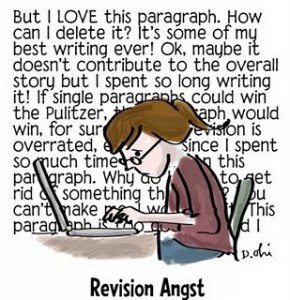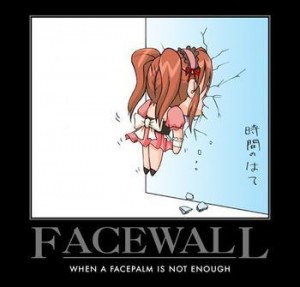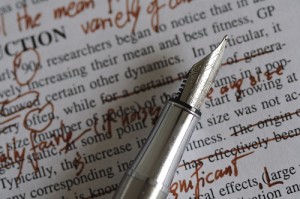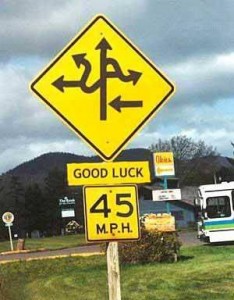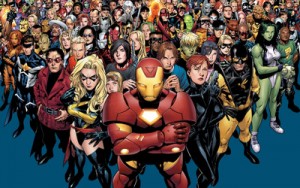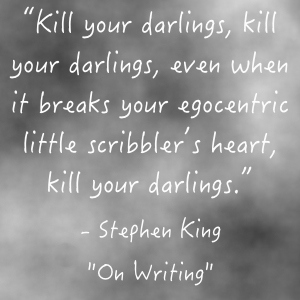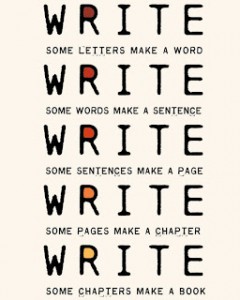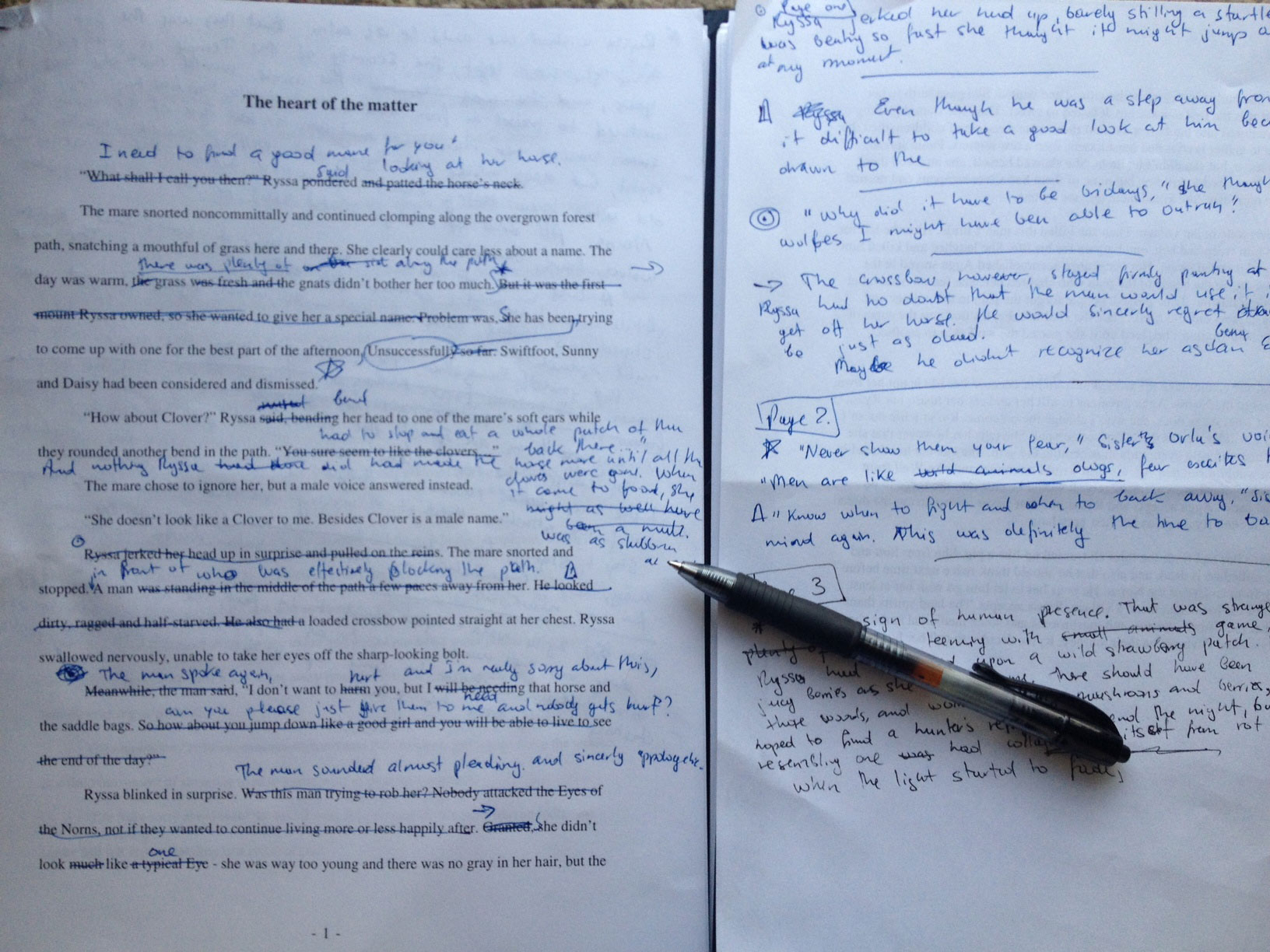I have noticed that since I started writing almost 2 years ago, I am a more susceptible to extreme mood swings about my work. I can be on cloud nine one day about finally finishing that first draft, and absolutely hate is the next day because I’m certain that it’s just a load of crap and I just want to press DELETE and set my computer on fire.
Correct me if I’m wrong, but this must be a problem common to all creative people. I think it’s largely due to the fact that writing a book, creating a painting, or composing a beautiful song often takes a lot of time. Most of that time is spent toiling in our own corner, alone with our muse (if we’re lucky and that sucker actually deigned to grace us with his presence), our thoughts and our doubts.
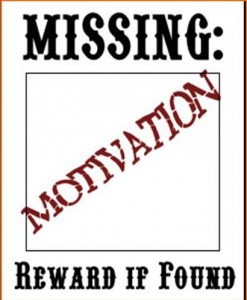
It’s hard work and there is no instant gratification. You might get praise and admiration once that book is published, that painting is showcased or that song is played. Or you might get critiqued and ridiculed. Either way, there is no way to know until it’s done and out there for the world to see. Until that day, we simply have no way to know if what we create is any good or not.
It can be especially daunting when writing a novel, because it takes a LONG time. From the moment this plot bunny on crack happily hopped into your brain and wreaked havoc in it until the moment the finished novel is published, months if not years can pass. You spend time researching, creating your world, getting to know your characters, outlining the story to discover where it’s going. Then you sit down and write that horrible first draft with your own tears and blood. Then you have to edit it to resemble an actual novel that other people might want to read. Then you send it to beta readers who shred it to pieces. Then you get it back and edit it again. Then you send it to the editor who shreds it to pieces. Then you rewrite it yet again. That’s why you really need to be in love with our story when you start writing, because you will be spending A LOT of time with it.
In any case, that’s a lot of work and a lot of time for insidious seeds of self-doubt to start creeping in and growing roots. And soon we start hearing that little voice in our head telling us that nobody will read what we write anyway, because it’s worthless, so we might as well give up now and spare us time and future humiliation. You know the sad part about it? Eight out of ten people who started writing a book will listen to this voice and give up before they even finish their first draft. And an overwhelming majority of those who actually finish it will be to scared by the prospect of dreaded revisions to pick it up again…
Self-doubt is the slayer of dreams and the murderer of books. It’s an insidious monster that is very hard to fight against.
I must admit that it caught up with me about 3 weeks ago. I suddenly noticed that I wasn’t really motivated to write or edit anymore. I knew I needed to do it, but there always seemed to be an excuse NOT to do it. Dinner needs to be cooked, the day job is hard and demanding, the next episode of my favorite series is out… And when I would sit down to edit Mists, my thoughts would turn down the dangerous path of self-doubt.
The following thoughts would start crowding in my head. I’ve been writing non-stop for almost 2 years, but what do I have to show for that? One short story published in an anthology. I have three finished first drafts, but none of the novels is fully edited and nowhere near ready to be released. It feels like I have achieved nothing. And that feeling was dragging me down.
So what is the best weapon against self-doubt? First of all, find someone who will cheer you up. Even though writing is a solitary profession, we are never completely alone, especially with the internet at our fingertips. Talk to your family if they support your dreams, or your friends, or that special beta reader whom you share all your ideas with. Get on Twitter or Facebook and shout out to other writers – you will be amazed at the level of support and understanding you will get.
But most importantly, try to look at the situation in a positive light. In my case, instead of thinking about what I haven’t achieved in two years, I looked at what I managed to accomplish. I had a short story published. I wrote 3 more short stories in the same series. I actually managed to finish 3 full-size novels. I have at least 3 more novels in various stages of planning. I am so close to finishing my rewrite of Mists that I can almost see the publication date… If you look at it this way, I actually managed to accomplish quite a lot in those 2 years. And what do you know? I am motivated to finish editing that novel now!
I am interested in your opinions as well. Do you experience self-doubt? What do you do to fight it off?

